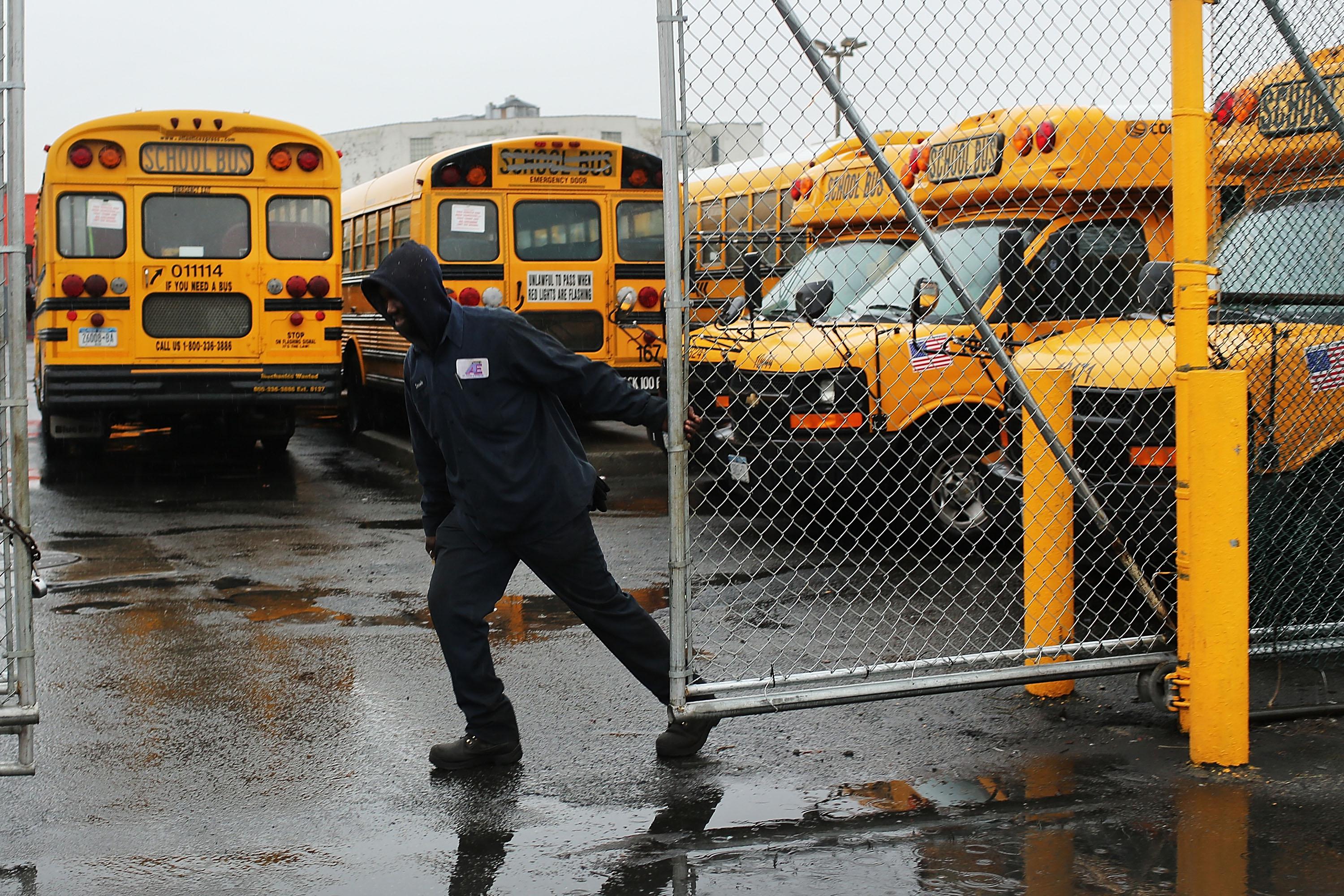Anne Midgette has a good article about how, after years of the pendulum swinging against arts education in public schools in favor of a back-to-basics approach, it’s now making a comeback in some places as a great way to keep kids engaged. Perhaps the arts can help kids “develop 21st-century skills such as teamwork and innovative thinking — in sum, be the key to their salvation.”
The existence of this debate strikes me as highlighting the single greatest problem with neighborhood-based public education in the United States, namely the need to try to reach some kind of collective decision about this. If restaurant owners had to decide whether it’s “better” to serve Indian food or Chinese food, the result would be bad food. Not because the restaurant owners are inept or because the restaurants are staffed with “bad cooks” but simply because that’s a terribly flawed way to run a restaurant. If everyone had to eat out at the restaurant that happened to be closest to their house, you’d have a lot of problems getting even very talented cooks to produce outcomes that people are happy with. In the best-case scenario, you’d have a neighborhood that wasn’t very diverse in which people could reach a consensus about what they wanted and deliver something that most people were happy with, while marginalizing minority preferences. But you’d also have a lot of senseless cycling from fad to fad, a lot of unfair complaints directed at the restaurant managers and staff for not dealing well with an impossible situation, and a situation in which really poorly run restaurants depress local property values and become a kind of de facto affordable housing policy.
In life we generally let people do their jobs well by giving them the opportunity specialize a bit. The Moneybox blog hopes to provide excellent service to the sort of person who’s interested in the kind of topics I cover, but it’s totally fine if many millions of people would rather read something completely different. If I had to try to write a blog that appealed to every single person who lived in some randomly selected neighborhood, I’d fail. Not because I’m a bad writer, but because that’s much too hard.
Now, since education happens to children, you do get a lot of agency problems with choice. My parents are both fairly artsy people, so they sent me to schools with a lot of artsy stuff happening, which I hated. I would have much rather done more math problems. But lots of kids love arts education, and its presence makes them more much interested in school and learning. There’s just no reason we should be trying to force administrators and teachers to make broad categorical decisions about this kind of thing.
Correction, February 22, 2013: This post originally misspelled Anne Midgette’s last name.
